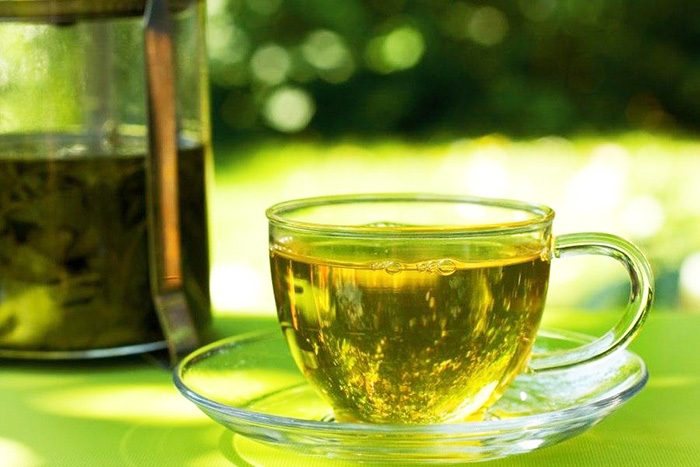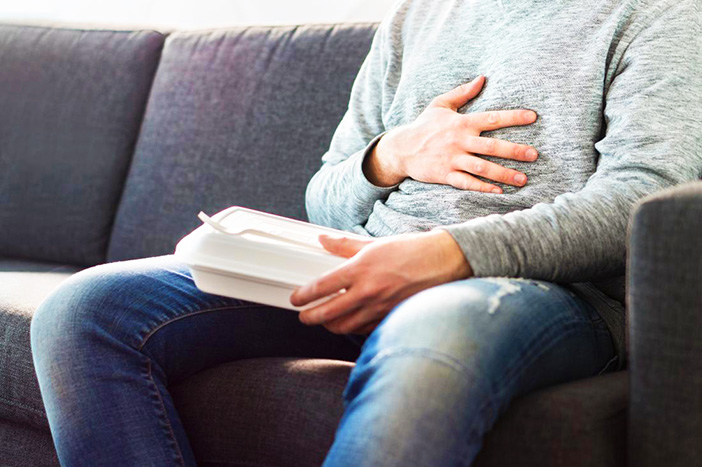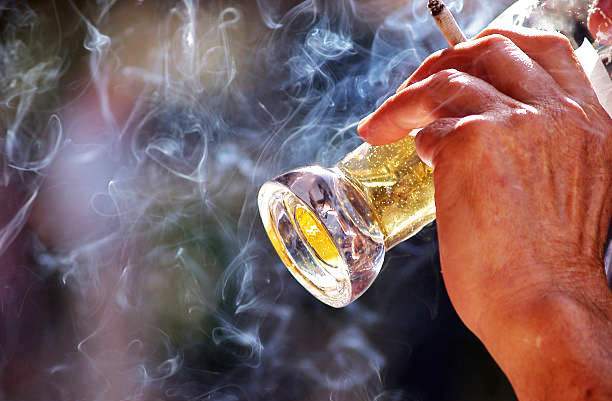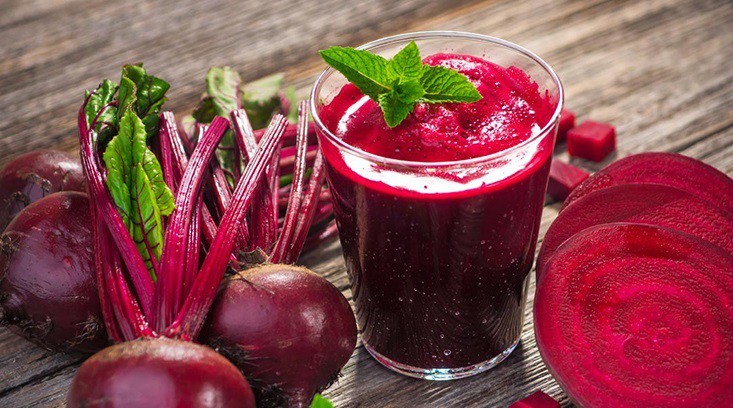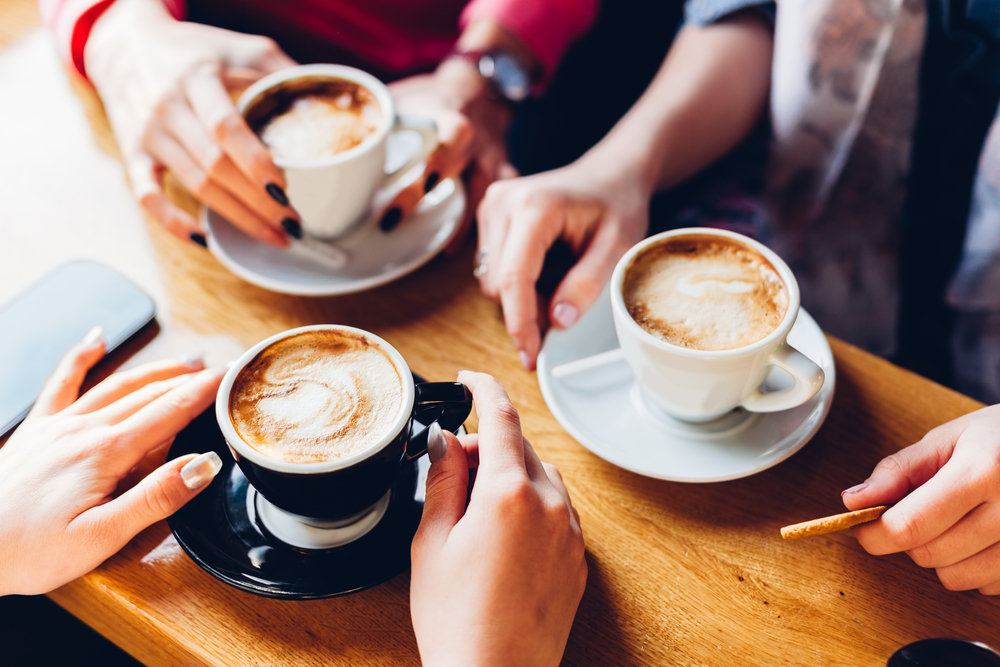It’s not unlikely for you to have heart palpitations whenever you’re stressed or anxious. That’s okay because heart specialists themselves admit that most cases of heart palpitations are completely harmless.
But did you know that it’s also possible for you to encounter heart palpitations after eating?
According to health authorities, the feeling that your heart is racing, pounding, fluttering or skipping after a meal can be due to several different things — this article will get you introduced to some of them, so don’t stop reading now if it seems like you’re encountering heart palpitations after eating.
Excessive Eating
Did you just have a big meal? Then don’t be surprised if you have heart palpitations — your heart is beating faster in order to direct more blood to your digestive system.
Right after having a meal, your body increases the flow of blood to your intestines in order for the nutrients in the food you just ate to be delivered to the various cells, tissues and organs of yours.
Acid Reflux
We all know that acid reflux can cause heartburn — that uncomfortable sensation that your chest is on fire.
A lot of people actually mistake acid reflux for a heart attack especially if they are experiencing a bad case of heartburn. This is especially true as acid reflux can also cause heart palpitations in severe cases.
Tyramine
Some foods contain an amino acid called tyramine. Does it ring a bell? Then you may have read about it in the past while looking for online articles about common migraine triggers.
Other than migraine, tyramine can also cause high blood pressure in some people — if you’re one of them, then you may also experience heart palpitations after consuming tyramine-containing foods. Some of those that have tyramine are aged cheeses, overripe or dried fruits, cured meats and alcoholic drinks.
Alcohol
Speaking of alcoholic drinks, consuming them can cause heart palpitations. This is true whether or not alcohol is paired with a meal.
That’s because alcohol can cause the blood vessels to dilate or widen. And in order to keep your blood pressure from dropping steeply, your heart beats faster which can sometimes register in the form of heart palpitations.
Coffee
If you’re like a lot of people who like to enjoy a cup of coffee after eating to help facilitate the process of digestion, then don’t be surprised why you usually experience heart palpitations at the table.
Everyone knows that caffeine in coffee is a stimulant, and it can cause the heart to beat at a much faster rate. Coffee is also an acid reflux trigger — earlier, it was discussed that acid reflux can cause heart palpitations after a meal.
Cigarette Smoking
Some people have a cup of coffee after a meal. Others opt for a cigarette stick. Then there are also those that have both.
No matter the case, smoking (after eating or at any other time of the day) can cause heart palpitations to come into being because nicotine is a stimulant. However, heart palpitations should be the least of your worries — cigarette smoking is a risk factor for lung cancer and heart disease.
MSG
Do you end up with heart palpitations after eating at your favorite Chinese restaurant? Then there’s a possibility that it can be blamed on MSG — monosodium glutamate, a very common flavor enhancer.
Chinese foods are notorious for containing a lot of MSG. The same is true for many processed foods. Aside from heart palpitations, it’s also possible for MSG to cause chest pain, sweating, numbness and headaches in some.
WARNING: Earlier in this article, it was mentioned that most cases of heart palpitations are harmless. However, there are instances in which they are due to an underlying medical condition. Especially if you are at high risk of heart disease or your heart palpitations are accompanied by other unusual symptoms such as chest pain, shortness of breath, dizziness, confusion, fatigue and sweating, it’s a good idea for you to seek medical help ASAP.

